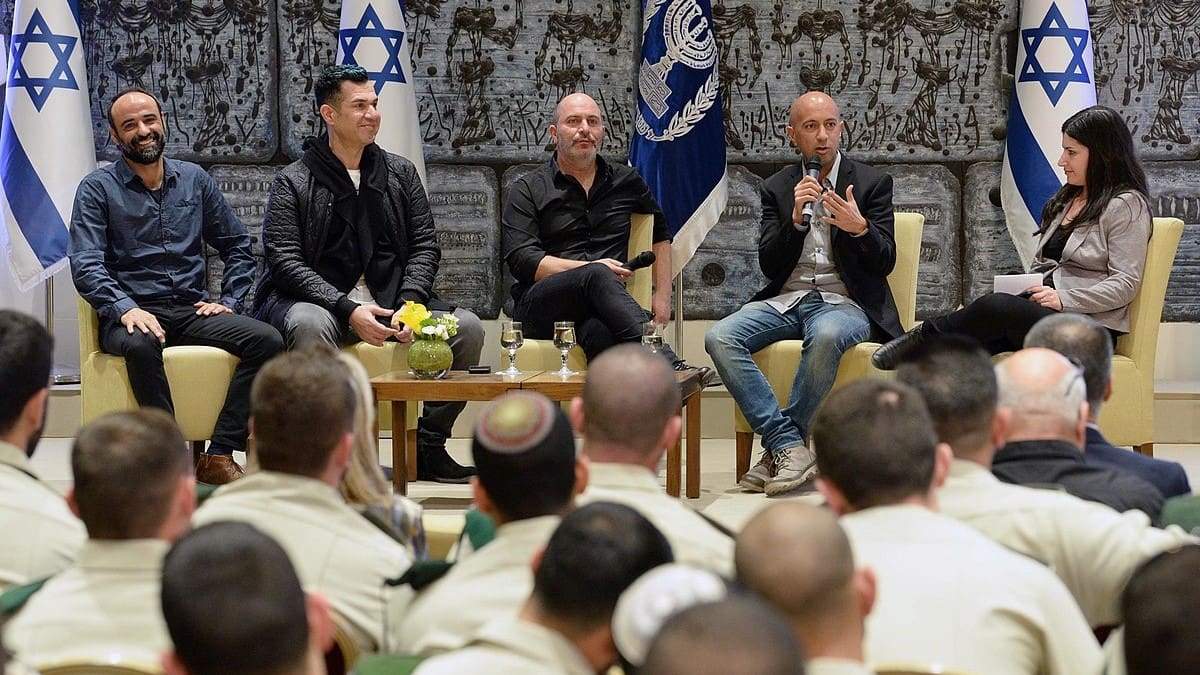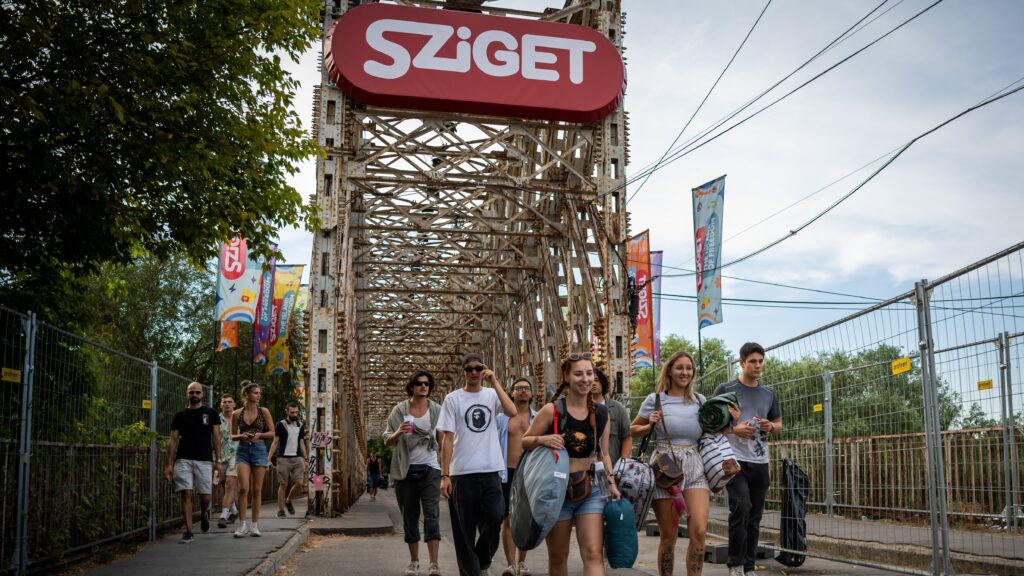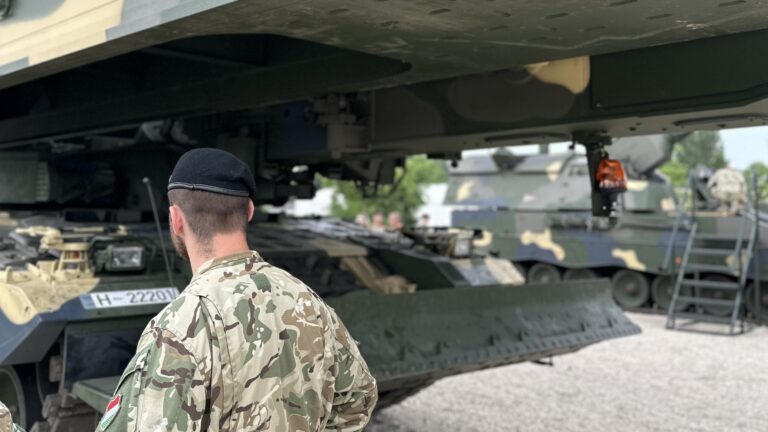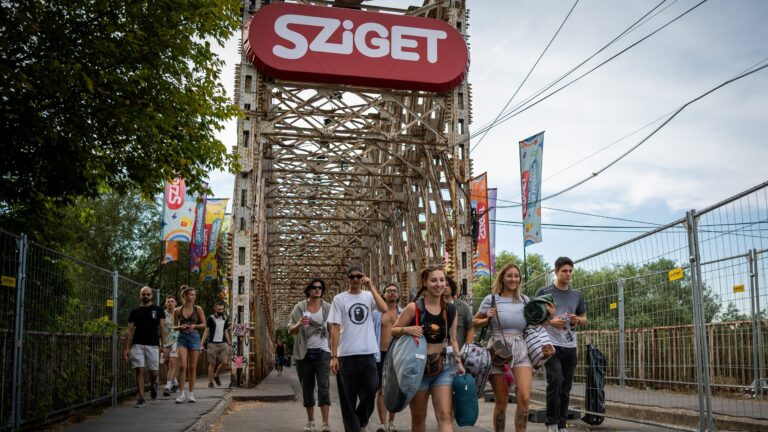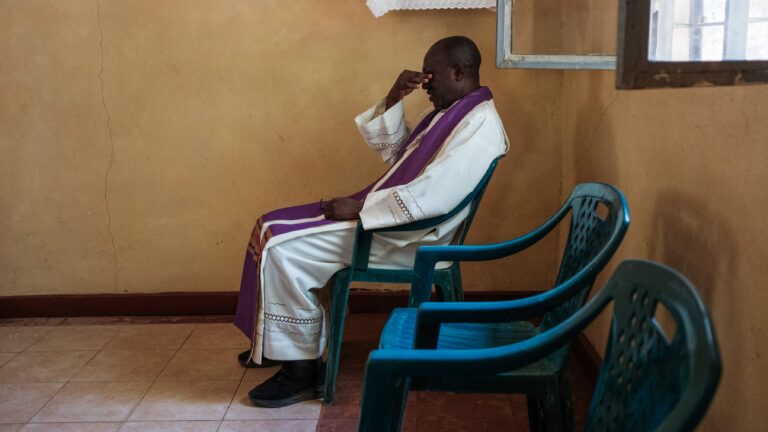Fauda, an Israeli series launched in 2015, is a fascinating and balanced take on the ongoing conflict in the Middle East. The show has quickly gained global popularity, partly due to its captivating and dramatic portrayal of both Jewish and Arab characters.
The series concentrates on a special group within the Israeli military, largely based on the Mustaravim section that actually exists in real life: these are the Israeli special forces who speak Arabic at a native speaker’s level. They are familiar with Arab culture and the Muslim faith, and penetrate Arab society and jihadist groups to gain information from within, tackle terrorists, and occasionally take out jihadist leaders.
Fauda is a brave series as it dares to portray both Jewish and Palestinian characters as human beings. Israeli military personnel and Arab terrorists, often dehumanised through the headlines of international papers, here have names, backgrounds, families, feelings, and love interests (occasionally with one another).
As a result, Fauda is a rare and powerful example of art that is able to explore one of the world’s most intractable conflicts in a deeply humanising way. The show alternates between thrilling action and thought-provoking, often heartbreaking, scenes. Critics have praised its fast-paced action, captivating plotlines and complex characters. The New York Times called it ‘a thriller that packs a punch’; while The Guardian described it as ‘tense, well-crafted, and hugely enjoyable’.
Interestingly, this is not only the opinion of Western audiences. The show has become a great hit among Arabic-speaking viewers as well, making it one of the most popular foreign shows there in recent memory. Arabic viewers have, however, criticised the fact that various Arab accents are mixed, much to the entertainment of viewers familiar with different dialects.
The series is centred around Doron Kabilio, a charismatic and skilled Israeli operative who is tasked with taking down the most dangerous Palestinian militants. Despite his reputation as one of the country’s top warriors, Doron is also a deeply flawed character, grappling with personal demons and a troubled past.
One of the most compelling stories of the series was the relationship between Doron and Shirin in Season 2. Shirin is a Palestinian doctor who becomes embroiled in the conflict after her terrorist cousin, whom she is forced to marry, is targeted by the Israeli forces. Their relationship is one of the show’s most powerful storylines, as the two characters find themselves drawn to each other despite the fact that they are on opposite sides of a brutal conflict.
The latest season of Fauda, which has recently hit Netflix, has several Hungarian connections.
While the first few episodes of the season are set in Brussels, the actual shoot took place in Budapest, with the traditional workers’ district of Kőbánya substituting for Molanbeek, the notoriously crime-ridden immigrant quarter of the Belgian capital.
Hungarian viewers will be happy to see familiar places, such as Kolosy Square of Óbuda and Fehérvári Road of the 11th district. Some choices on the directors’ part, however, beg questions. During one scene, the Hősök tere (Heroes’ Square, a sight unmistakably part of the Hungarian capital) is clearly visible in the background. In another scene, the headquarters of the Hungarian domestic security service Alkotmányvédelmi Hivatal are presented as the headquarters of the Belgian police. In the next shot, the characters supposedly enter a terrorist hotspot in Molanbeek, but the very same building can be seen in the background—apparently, the directors only had the crew move a few hundred yards.
The show also cracks jokes at the expense of Belgian immigration policy. In one scene, an Israeli policeman explains that working in Brussels someday will be like working in the West Bank: surrounded by hostile Arabs on all sides. Fauda does not paint a rosy picture of the state of immigration in Western Europe: the show displays a chaotic Brussels, run by crime gangs, where the local police are hapless and weak, while terrorism and jihadi ideology run rampant.
Despite these criticisms, the series has remained popular, with many viewers finding it to be a compelling and thought-provoking exploration of the complexities of the Middle East conflict. Whether you love it or hate it, there’s no denying that Fauda is a series that will definitely spark conversation and controversy.

